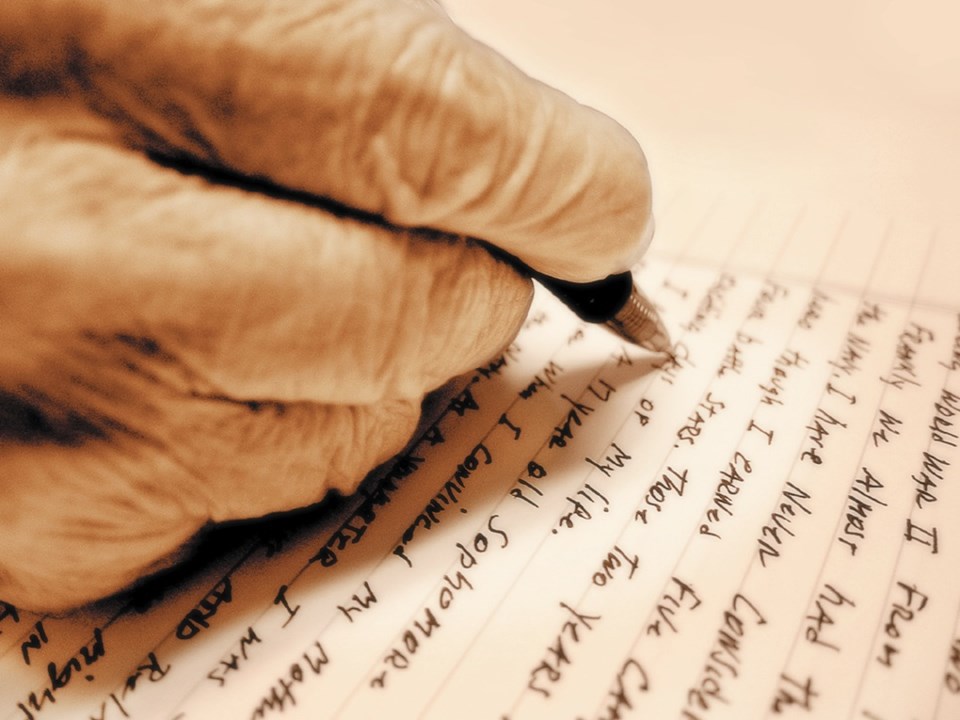I would like to thank Nathene Arthur for her passionate letter regarding medically-assisted death, as it provided me with the impetus to offer a different perspective. Ms. Arthur correctly says that all of us suffer loss, pain, tragedy, trauma and ill health. Where our views diverge, however, relates to the degree of impact of the suffering and loss.
The people I know who chose to end their lives through MAID were not functionally disabled like foot painters, wheelchair athletes or blind musicians. Joy was only a vague memory that slipped through their fingers whenever they reached for it. They would not have been able to help or be inspirational to others in any way. They had already lived full and fine lives and had nothing more they needed to do except to relieve themselves of intractable pain.
Yes, there have been people who have made the best of their situation, but not everyone has the resources to provide a high level of support and care. Stephen Hawking's long and productive life after ALS incapacitated him was due to the incredible (and expensive) care he was able to afford.
Western society is so freaked out about death. We fight getting old and dying as though we can actually do something about it. We consider as noble those who fight to stay alive, or keep others alive, even though their situation is only "life" in a technical sense. Perhaps if our society ceased to consider fighting as somehow honourable, there would actually be less of it in our world. There is nothing noble or compassionate about keeping someone in a hopeless state of intractable pain merely because you are unable to understand and accept that death is a natural part of living.
If and when my life ever devolves to such a state where nothing can help me and I can help nobody, then I will be happy to have the ability to choose the time and manner of my death. And why anybody else, especially someone who doesn't know me, should care about what I choose to do in my own life is something I'll always struggle to understand. Trying to prevent someone from choosing what happens to them simply on the grounds that it doesn't match up with your personal religious or philosophical ethos, is arrogant, selfish and, in the case of MAID, wholly lacking in compassion.
I truly hope that no reader ever has to face a situation where MAID may come into play, But if that happens, then and only then will you be able to understand and appreciate having the choice to die on your own terms.
Peter Tucker
Bragg Creek, AB




